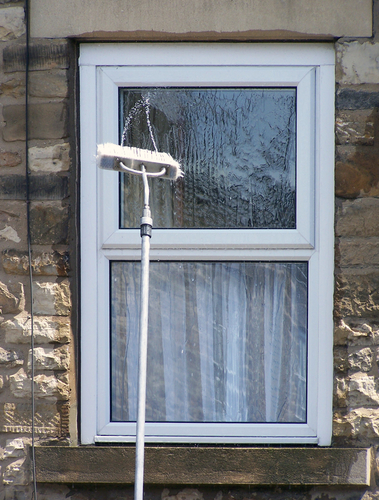
Tips To Clean Mold Off UPVC Door & Windows
26th November 2021
Allow a lot of natural light into your rooms
Allow a lot of natural light into your rooms. Open your doors and windows so that you have an infinite supply of fresh air before attempting to remove the mound build-up. Before you begin, put on an apron and rubber gloves. Wearing a mask is also recommended since the mound has a granular ash-like green texture that can mix with the straight fresh air you are breathing.
Get your water ready. Wipe off the surfaces with a gentle foaming solution and a soft fiber cloth. It’s important not to overdo it. Stick to a single pattern. You can change your water as often as you like. Rinse your cloth completely and keep wiping until you’re happy with the outcome. On the market, there are a plethora of UPVC mold removal treatments. If you utilize one of these goods, you will get an advantage.

Try Vinegar
If you want to take your mold-fighting game to the next level, add vinegar. You can never go wrong with a cup of vinegar when it comes to cleaning. Here’s what you can do to help:
- Get yourself a spray bottle.
- Fill the bottle halfway with vinegar.
- Begin by liberally applying vinegar to the afflicted regions.
- Allow it to sit for at least thirty minutes, if not an hour.
- Using a soft sponge, wipe the spots clean.
- Use lukewarm water to clean.
- If you see that your door and window frames are being attacked by mold again, make sure you complete these measures again.
Find the Correct Product to Use
On UPVC, do not use spirits, bleaching powders, or other abrasive chemicals. They will irreversibly harm your UPVC. Make sure you don’t get any glass cleaner on the frames. This will leave a stain and detract from their luster. Find the correct product to use before you start experimenting. You could wish to opt for a solvent-based UPVC cleaner. These substances can help to prevent mold from growing and function as a stain remover.
Mould and algae can wreak havoc on materials like UPVC. If they are not dealt with quickly, they can cause serious damage. This harm may be financially costly as well as psychologically taxing. As a result, you must understand what you’re up against and be able to properly put a stop to the problem, or, as the term goes, ‘nip it in the bud.’


